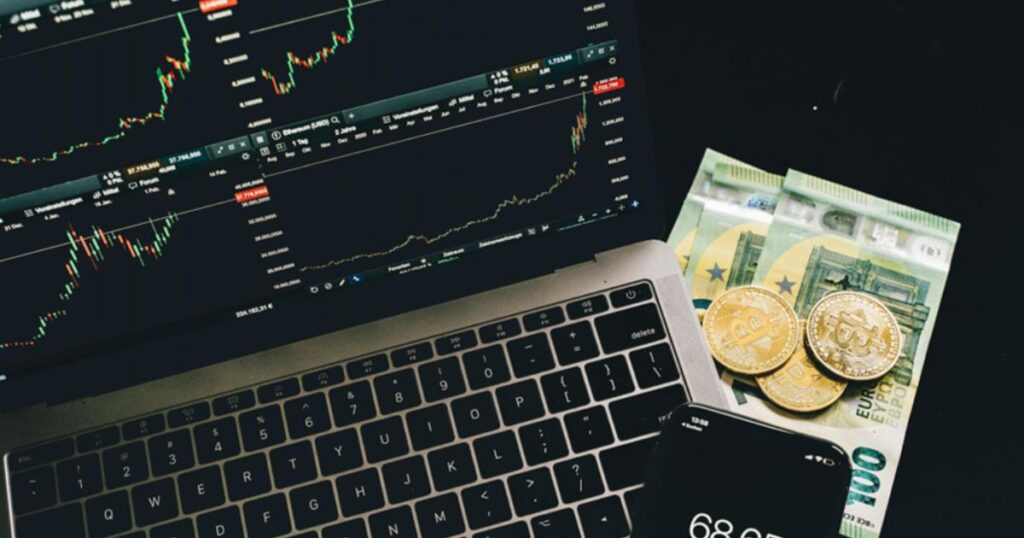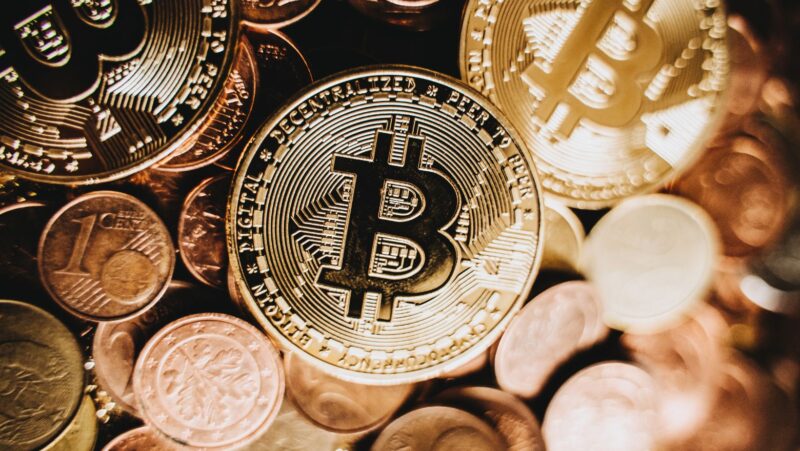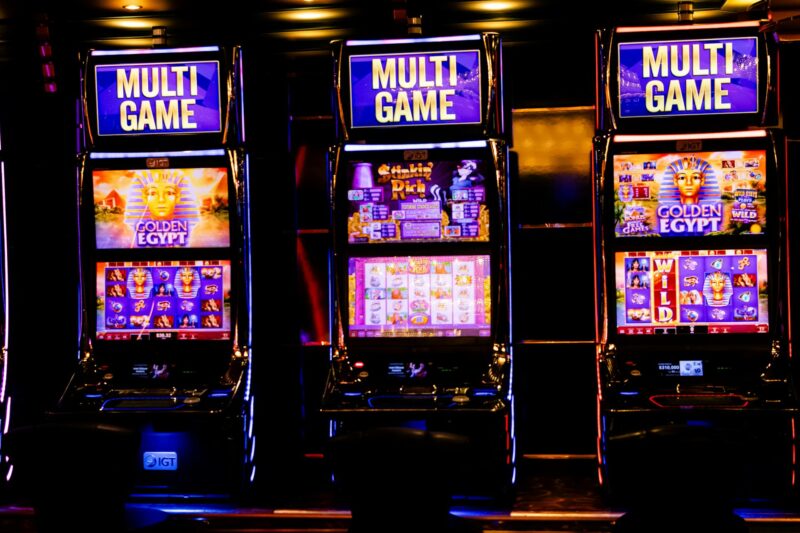
Virtual currencies are a big part of what makes gaming enjoyable. However, as game economies grow, players often face issues like inflation, no real-world value, and limited control over their in-game items. Blockchain technology helps solve these problems by offering a transparent and decentralized system that gives players true ownership and real value for their efforts.
Virtual Currencies 101: Why Gamers Deserve Better Systems
Virtual currencies power almost everything in modern games found on platforms like sambaslots.com, from buying items to upgrading characters. However, as gaming platforms expand, problems start to appear. For example, many players find themselves stuck in closed ecosystems, where the in-game currency is only useful within that game and doesn’t have any real-world value.
Gamers want more than just a reward system—they want real ownership and value for the time and effort they put in. If gaming currencies aren’t designed with this in mind, it can lead to frustrated players.
Blockchain’s Answer to Inflation and Devaluation in Gaming Economies
Inflation is one of the biggest problems in virtual economies. Game developers often release new content that can decrease the value of older items or currencies, leaving players feeling like their hard-earned assets have been devalued.
Blockchain technology helps solve this by introducing a system based on tokenomics, where the supply of tokens is limited and can’t just be adjusted on a whim.
For instance, platforms like Axie Infinity use blockchain to maintain a fixed token supply, creating a stable and fair in-game economy. Because these digital assets are backed by blockchain, they hold real value, and in some cases, can even be traded for other cryptocurrencies. This helps prevent inflation and encourages long-term involvement by giving players a stake in the economy.
Real Value, Real Ownership: Tokenomics in the Player Economy
One of the best things about blockchain is that it allows players to actually own the digital items they earn or buy in-game. Unlike traditional systems where assets are controlled by the game developers, blockchain gives players real ownership. This means that if a game shuts down or a player decides to leave, their assets are still theirs to keep, trade, or sell.
In addition to ownership, blockchain also introduces real-world value. Through tokenized economies, players can sell or trade their in-game assets. This creates a player-driven economy where the value of assets is determined by the community, giving players more control over their virtual belongings.
Play-Driven Asset Control
As blockchain continues to change the way virtual economies work, it’s clear that gamers are going to be the big winners. Tokenomics gives players more control over their assets and ensures that their efforts hold real-world value. Games that adopt blockchain technology aren’t just improving the player experience—they’re setting a new standard for fairness and trust in the digital world.
In the end, gaming has always been a place for new ideas and experimentation. Blockchain is the next step, allowing players to be more than just participants in a game but true owners in a digital economy.




